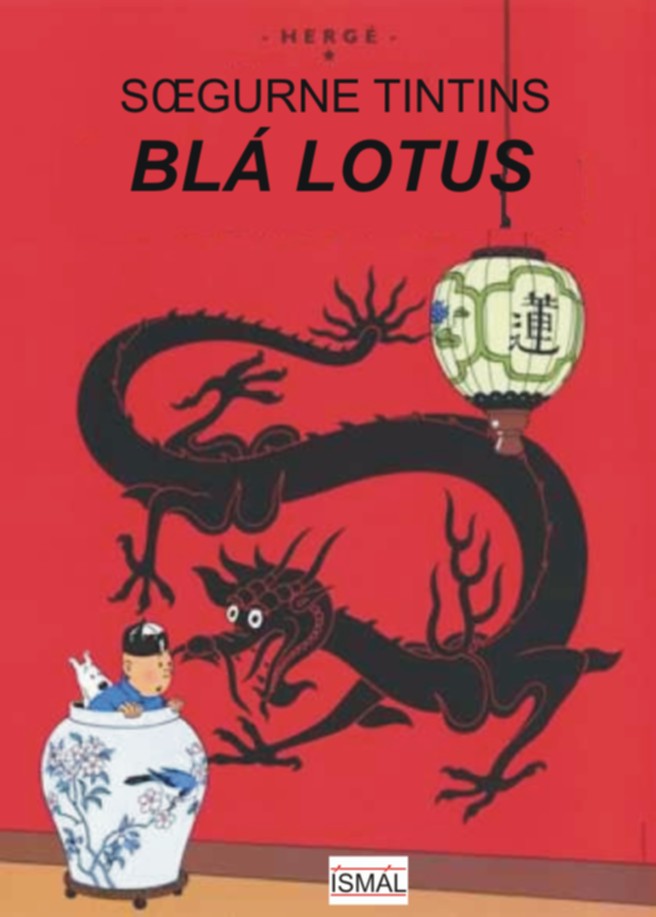
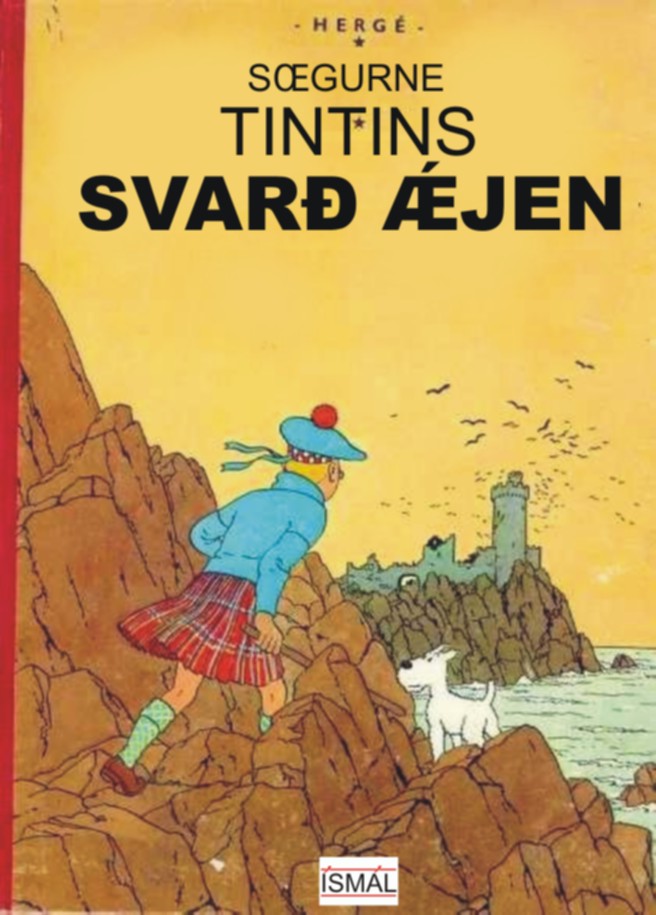
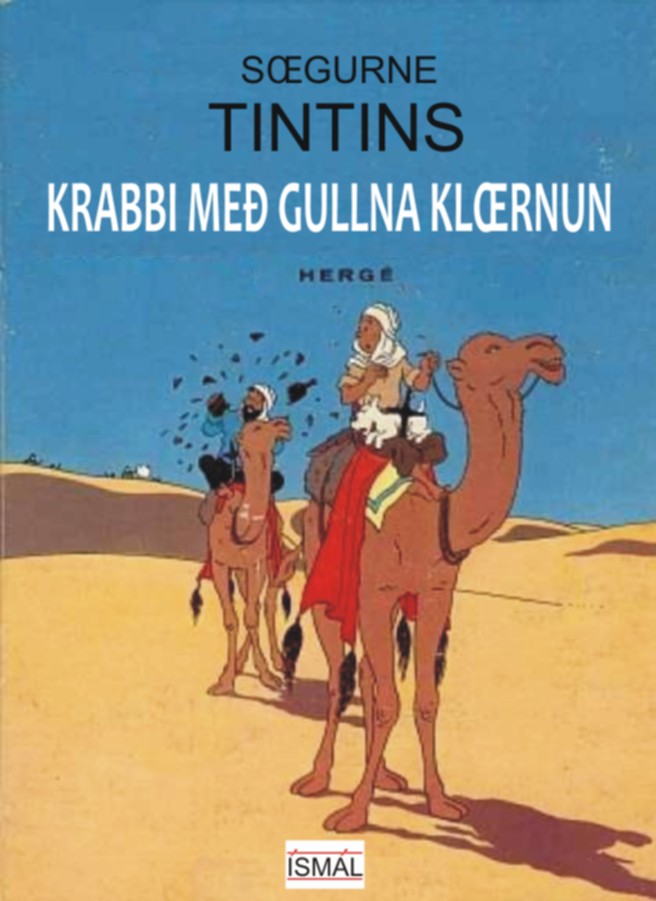
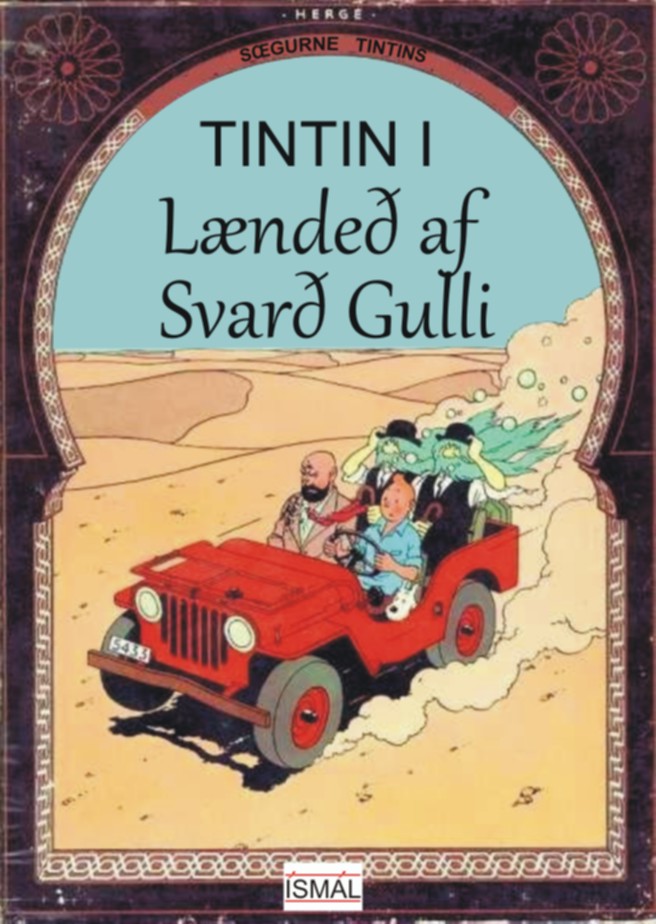
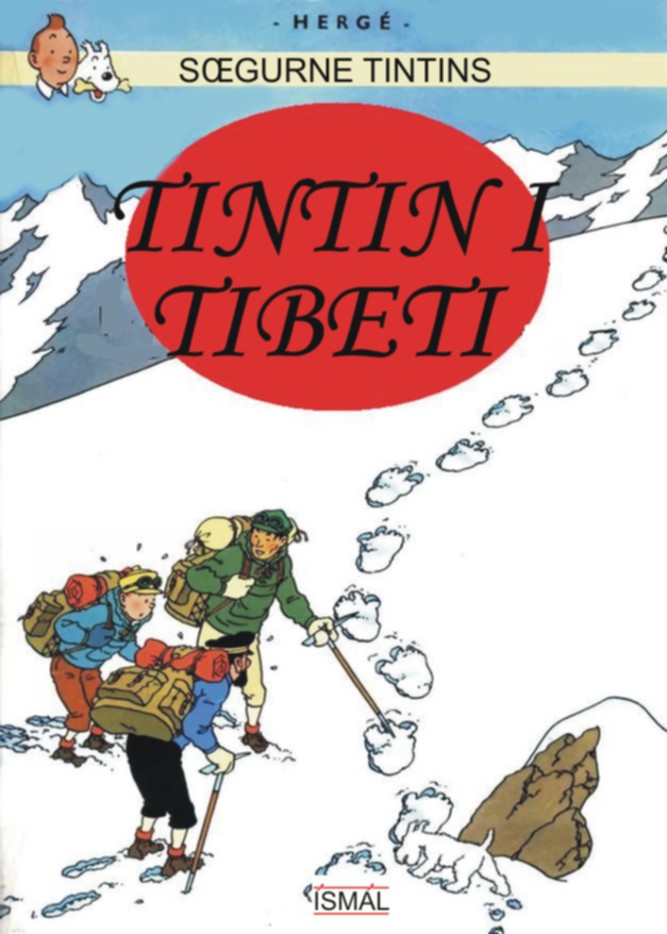
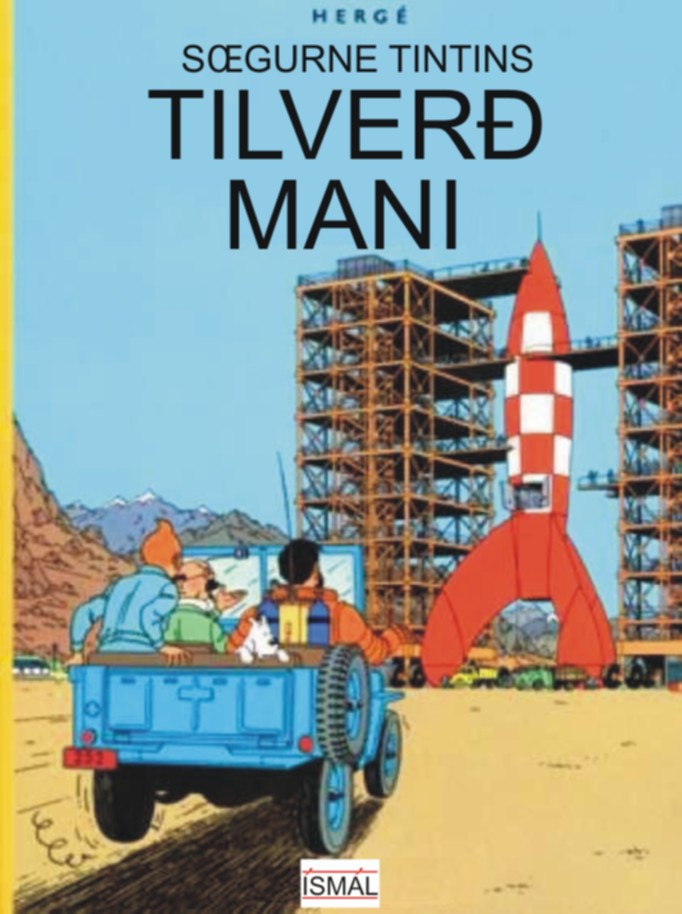
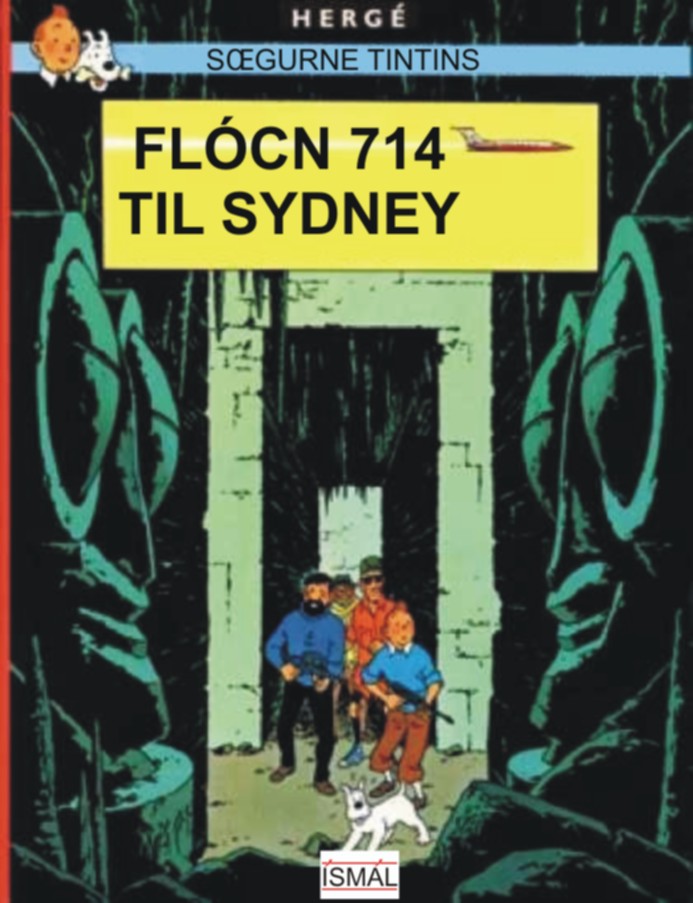
THE
YUKLANDIC LANGUAGE
Introduction
Yuklandic (Jœkklænzk or Jœkklskmál)
is the official language of the Republic of Yukland and spoken by the
majority of the population in that country. Outside Yukland, there are
small immigrant communities in USA and in some other countries, such as
Kronenburg,
where the language did not disappear completely. Yuklandic
evolved from
Old Norse, brought by the Vikings when they populated the archipelago
in the nineth century. Like Icelandic and Faroese, the language is
close to Old
Norse, although significant phonological and grammatical changes
occurred throughout the centuries. Considering the growing awareness
about the
risk of its disappearance and the fact that the language is the most
important cultural heritage for the Yuklandic people, the government of
Yukland has strongly encouraged its use in detriment of Danish - for
long, the language of
the aristocracy and culture - and, in modern times, of English, that
was gaining more and more importance especially among the youngsters.
Classification
Indo-European, Germanic, West-Scandinavian, Yuklandic (jok).
Phonology
Consonants
Stop: p,
b, t, d, k, g
Fricative: f, v, ð
Sibilant: s, z, ʃ, ʒ
Non-sibilant: ç, x
Approximant:
l, R
Nasal:
m, n, ŋ
Trill: r
Semi-vowels: j, w
Vowels
Short vowels: i, e, ɛ, a, æ, ǝ, o, œ, y, ʌ,
o, ɔ, u
Long vowels: i:, u:
Diphtongs:
aj, ej, iw, aw, ow
Morphology and Syntax
Nouns
Modern
Yuklandic nouns are inflected in four cases (nominative, accusative,
dative and genitive), three grammatical genders and two numbers. For
the most words, nominative and accusative have the same inflection.
ǽ - island (feminine):
| without the def.
article |
with the def. article |
|
| Nominative Singular |
ǽ | ǽjen |
| Accusative Singular |
ǽ | ǽjen |
| Genitive Singular |
ǽjar | ǽjarne |
| Dative Singular |
ǽju |
ǽjun |
| Nominative Plural |
ǽjar | ǽjarne |
| Accusative Plural |
ǽjar | ǽjarne |
| Genitive Plural |
ǽja | ǽjanna |
| Dative Plural |
ǽjum |
ǽjunum |
vatn - water (neuter):
| without the def.
article |
with the def. article |
|
| Nominative Singular |
vatn | vatneð |
| Accusative Singular |
vatn | vatneð |
| Genitive Singular |
vatns | vatnsin |
| Dative Singular |
vatni |
vatneð |
| Nominative Plural |
vœtn | vœtnen |
| Accusative Plural |
vœtn | vœtnen |
| Genitive Plural |
vatna | vatnanna |
| Dative Plural |
vœtnum | vœtnunum |
dac - day (masculine):
| without the def.
article |
with the def. article |
|
| Nominative Singular |
dac | dagin |
| Accusative Singular |
dac | dagin |
| Genitive Singular |
dacs | dacsin |
| Dative Singular |
dagi |
dagin |
| Nominative Plural |
dagar | dagarne |
| Accusative Plural |
daga | dagana |
| Genitive Plural |
daga | daganna |
| Dative Plural |
dœgum |
dœgunum |
Adjectives, possessive pronouns and numerals are not inflected in modern Yuklandic.
Verbs
are conjugated for tense, mood, person, number and voice. Yuklandic forms
most of tense conjugations with auxiliary verbs, like in English.
Some examples:
Ðri riggar fjer Álfkonuggunurn undr himnin
Sjó fjer Dverchœrrunurn i ðéra hœllum af sténi
Ní fjer dóðlec mœnnurn dœmt til dǽja,
Én fjer Blakk Hærrin at hæns blakk stœlli,
I Lændeð Mordors var Skuggarne liggja.
Three rings for the Elven-kings under the sky,
Seven for the Dwarf-lords in their halls of stone,
Nine for the mortal men doomed to die,
One for the Dark Lord on his dark throne,
In the Land of Mordor where the Shadows lie.
J.R.R. Tolkien
Tími hæf komin til spara mat fjer harð veti
Time has come to store food for a hard winter
Yuklandic Proverb
“Æru ðæt drómar énlec
ðæt ec sjá sœm?
Eðr
Racnarákk?
Ríða
men
dóð!”
“Are that only illusions
which
I seem to see?
Or
the end of the world
(Ragnarok)
There
are dead men riding!”
The Ísðorian Institute of Languages (ÍSMÁL - Ísðorsk Stofnunín af Málum), dedicated to promote endangered languages of the world by translating and publishing books, comics and films into these languages, published Hergé's Tintin albuns in Yuklandic (The Blue Lotus, The Black Island, The Crab with the Golden Claws, Tintin in the Land of the Black Gold, Tintin in Tibet, Destination Moon, Flight 714 to Sydney):






